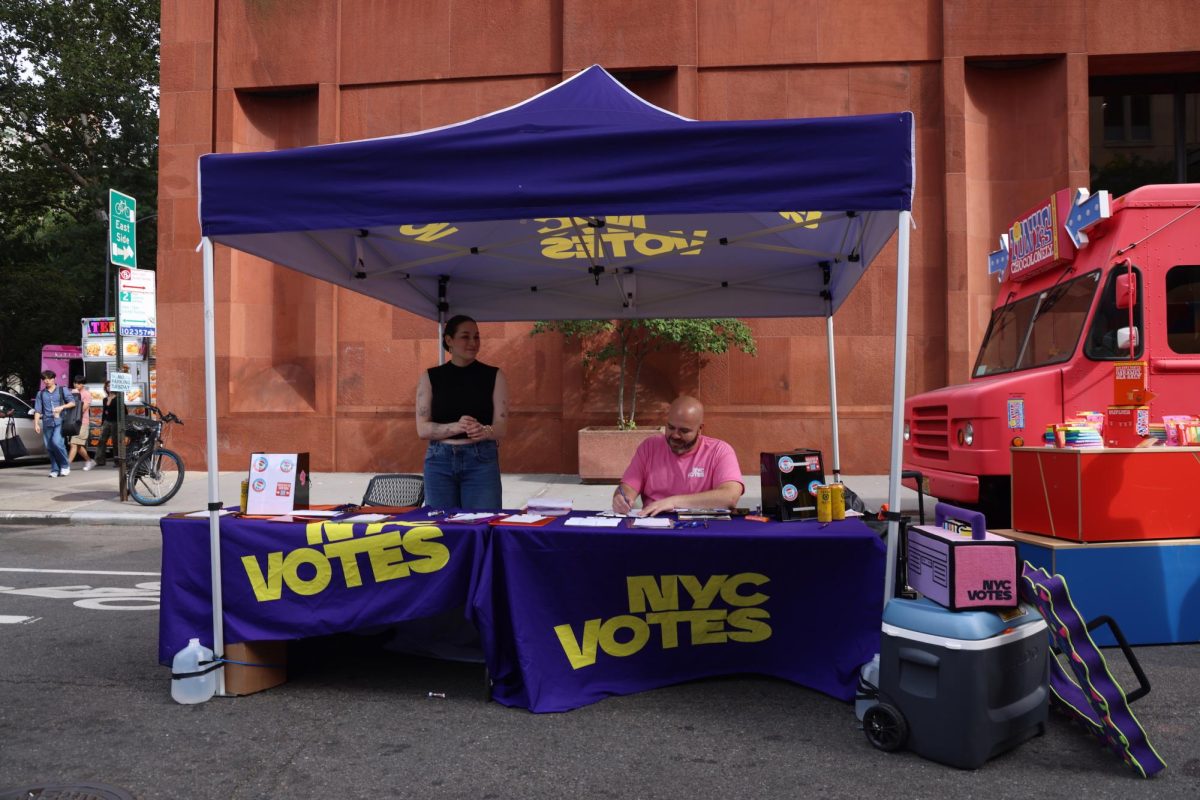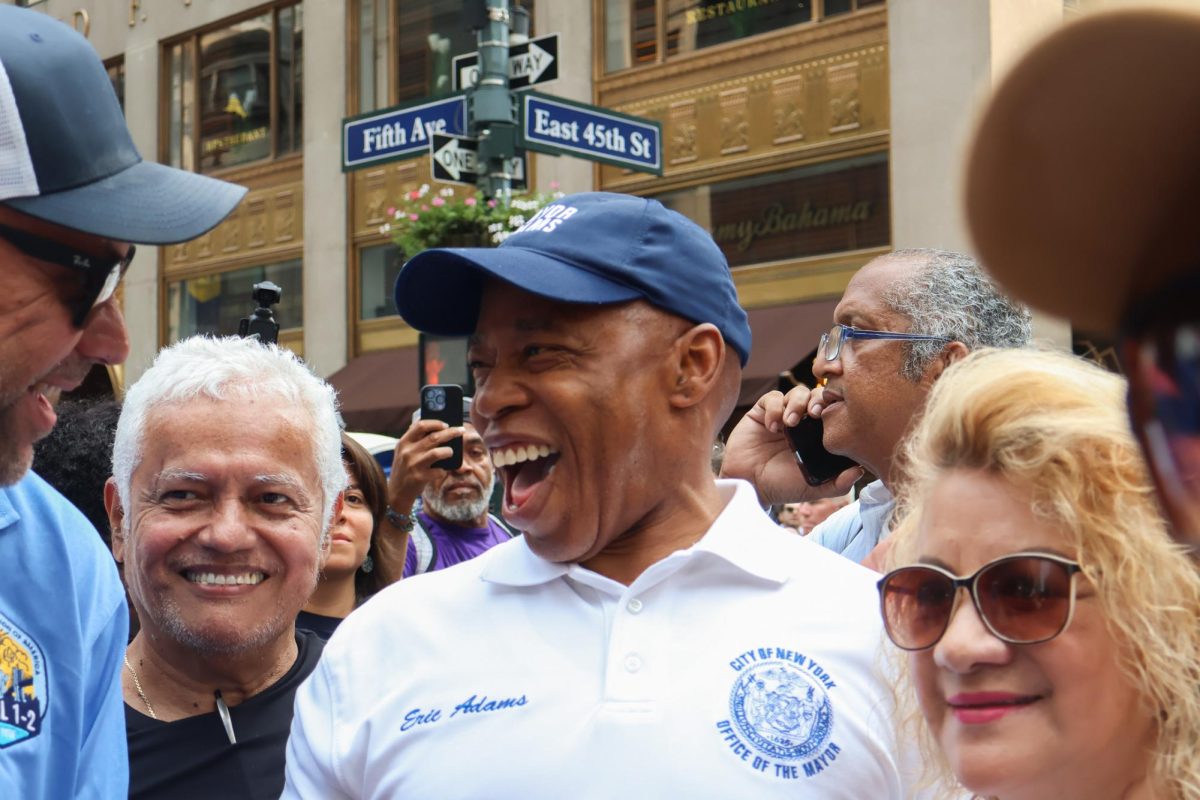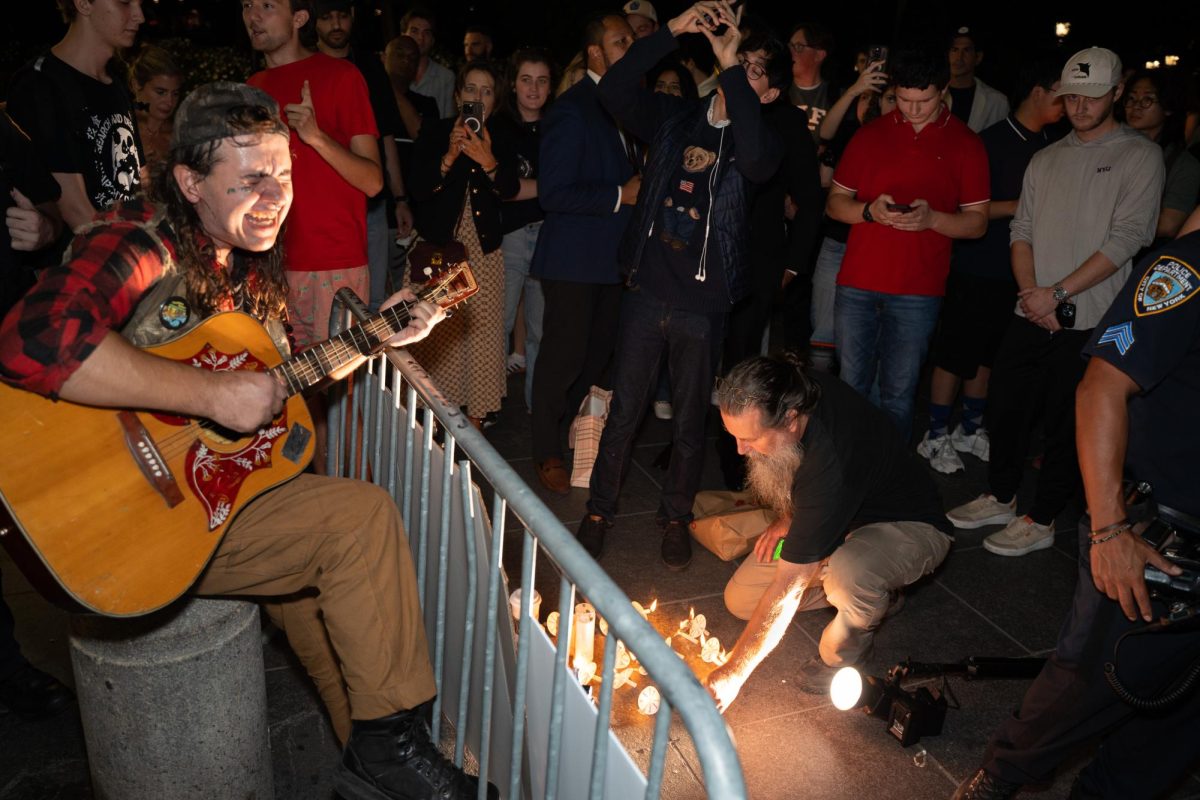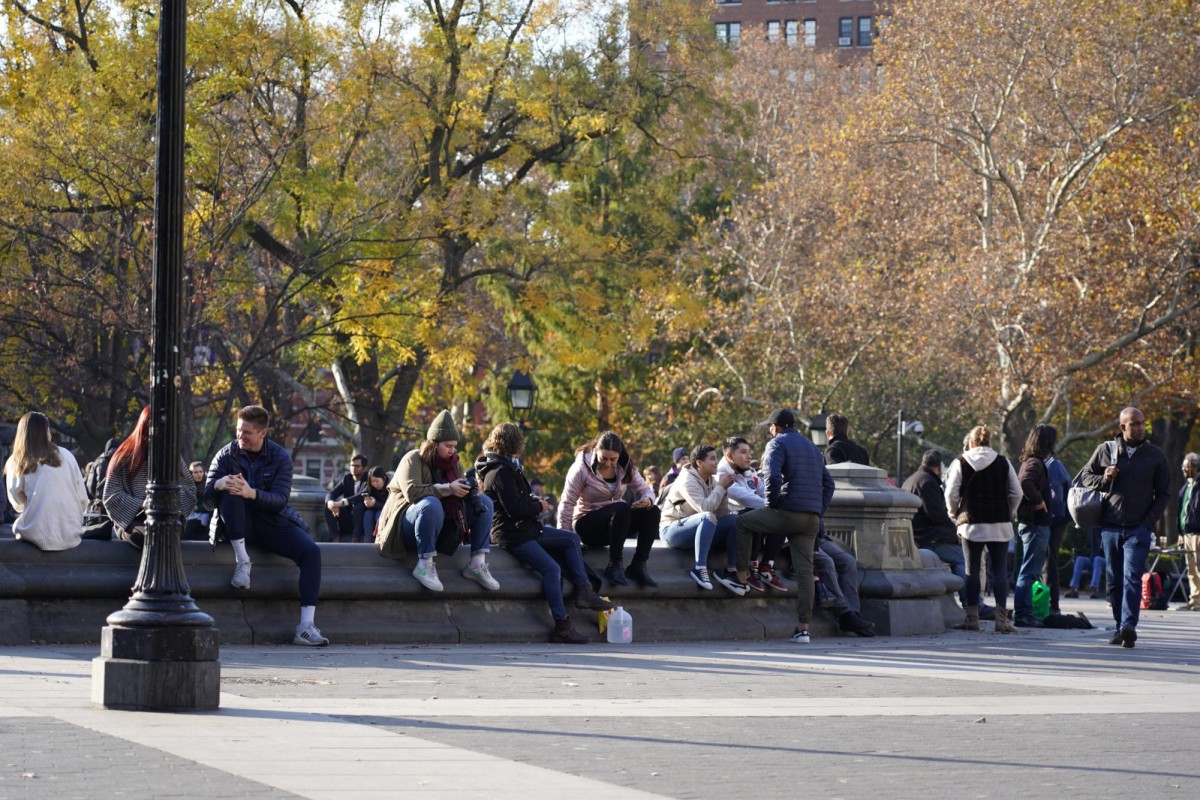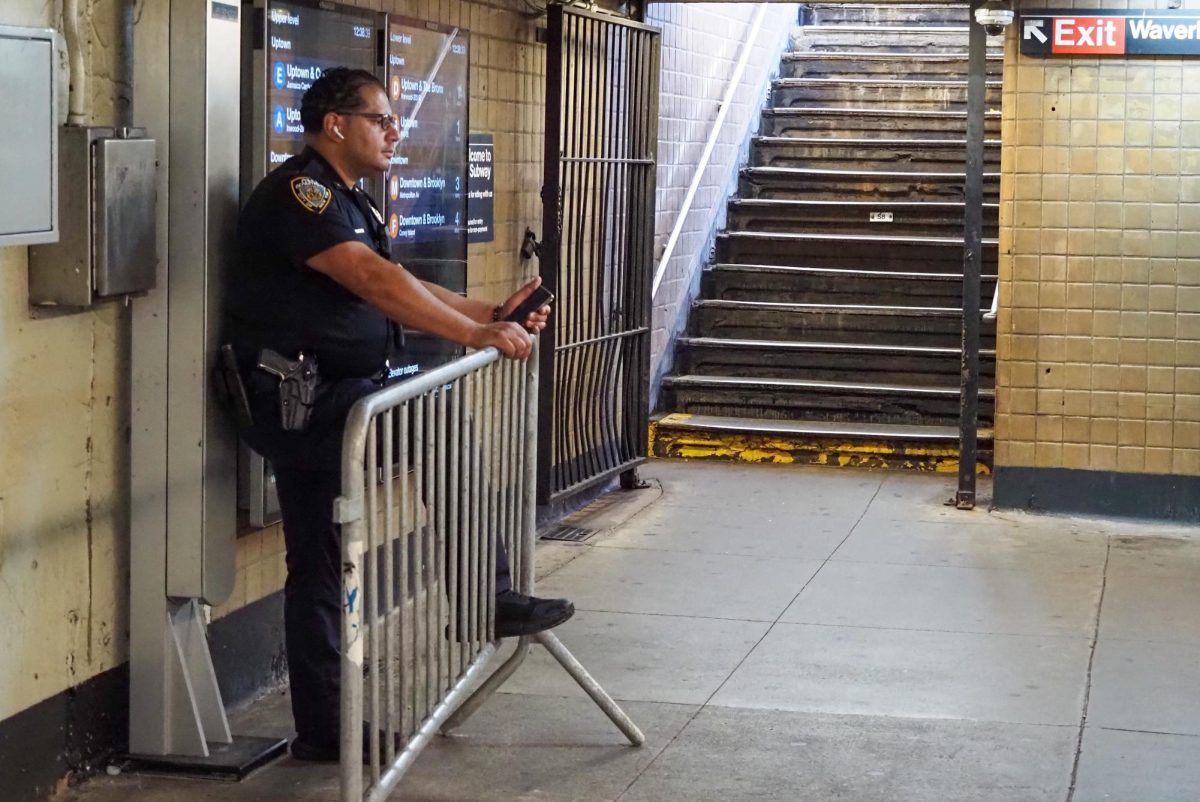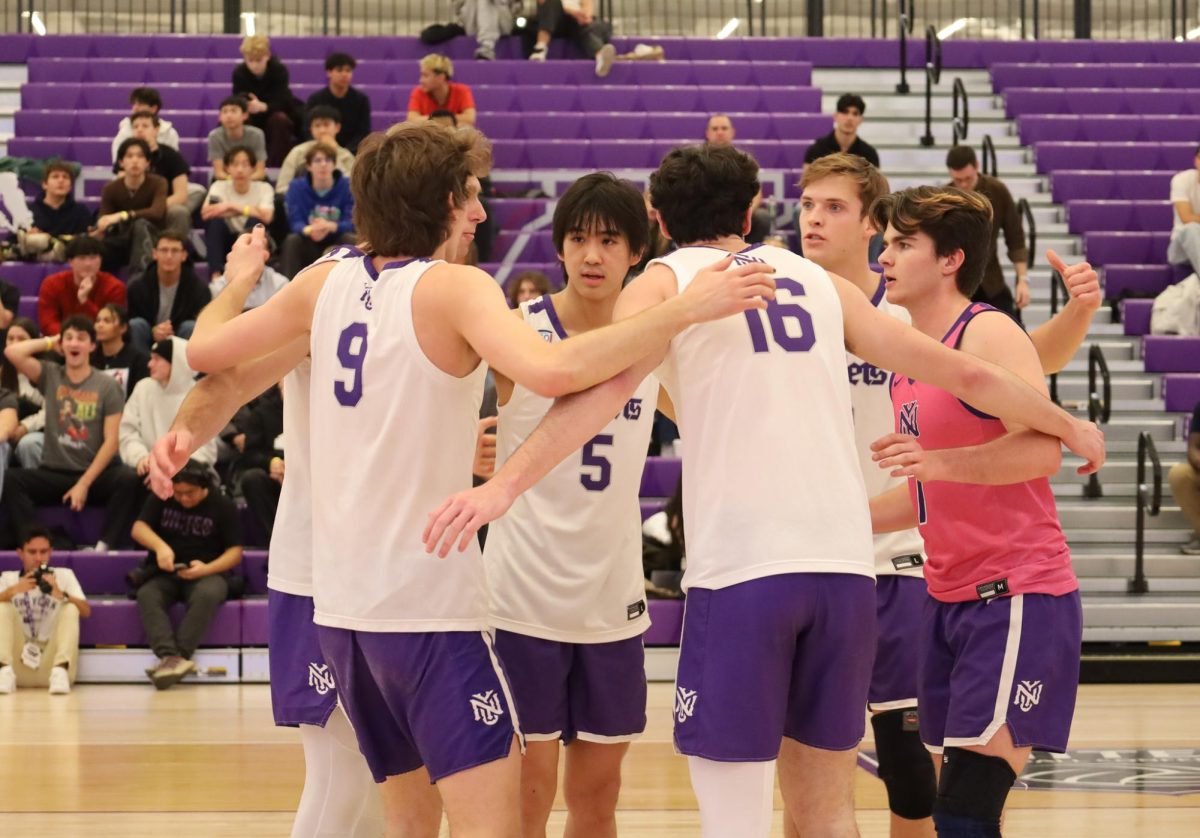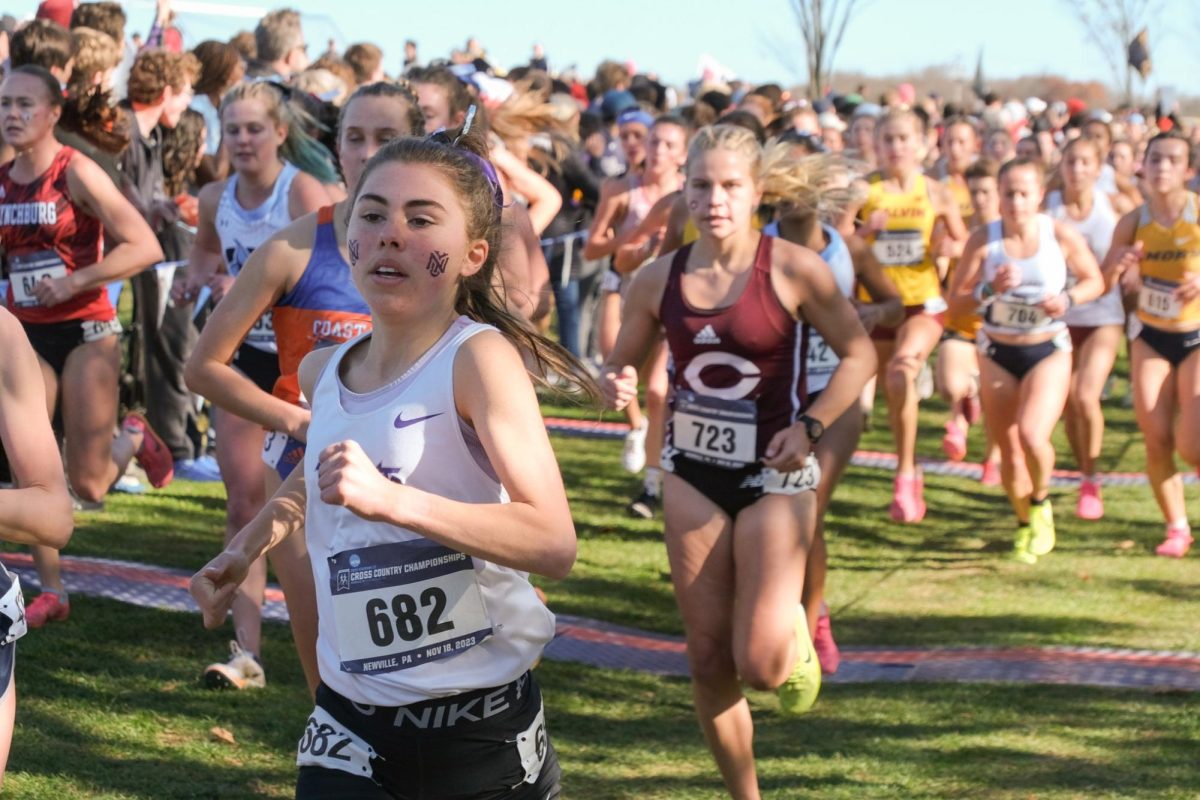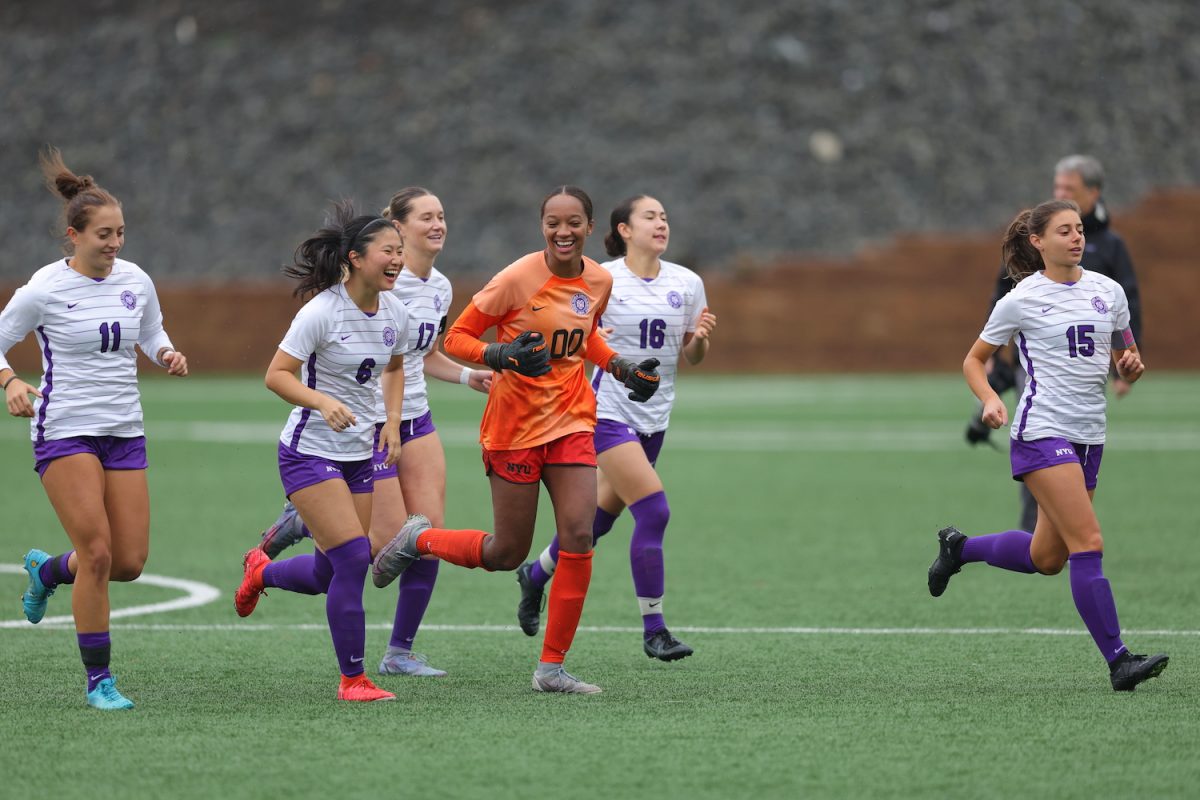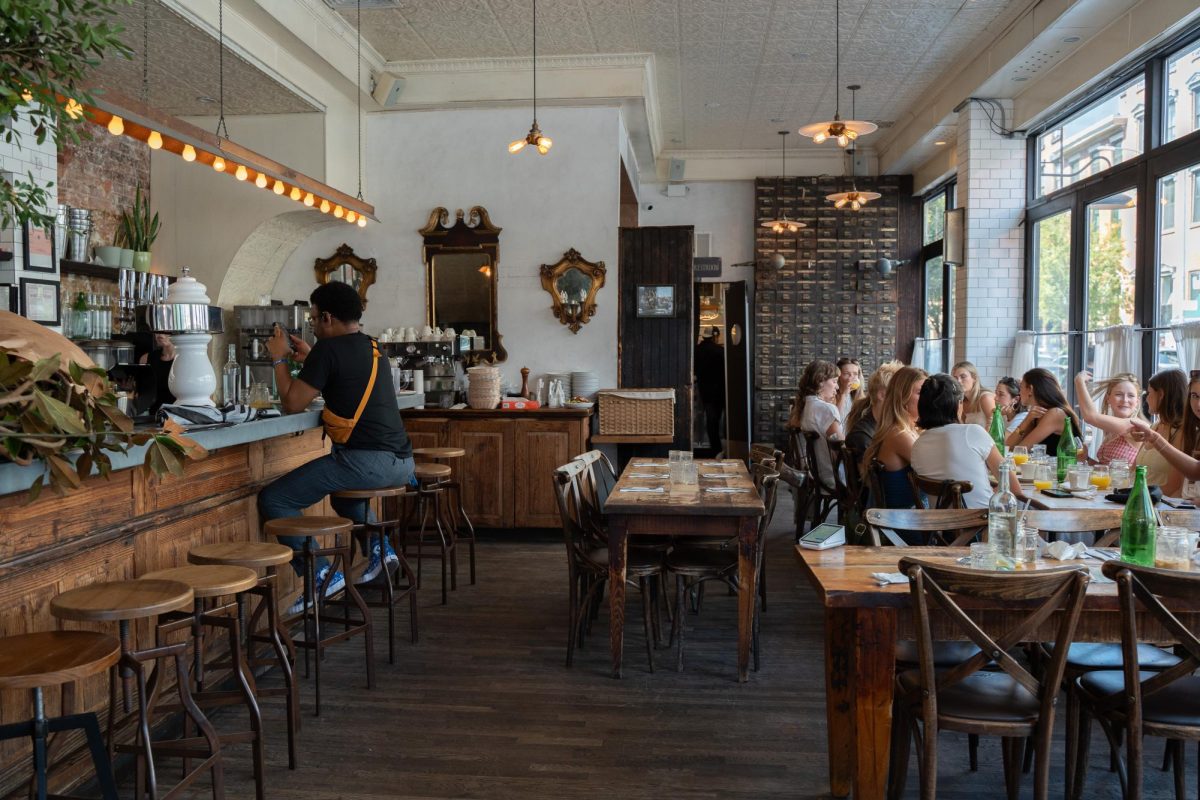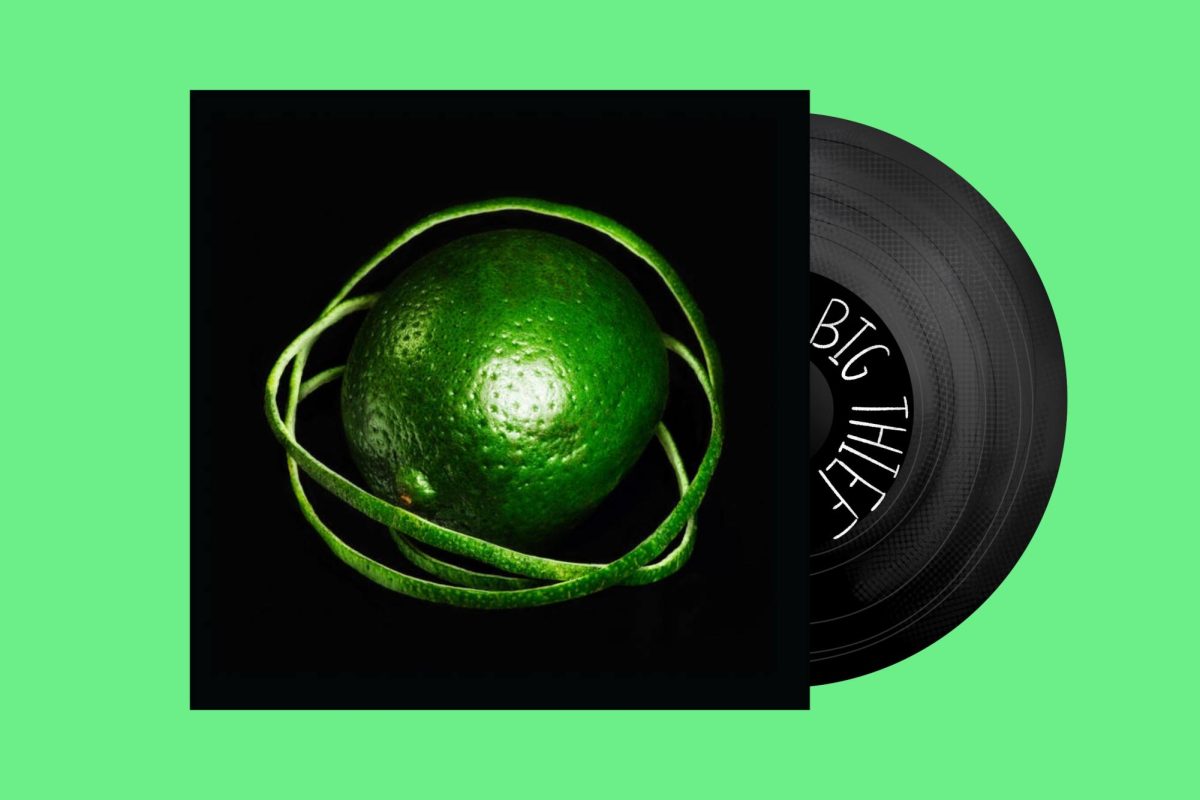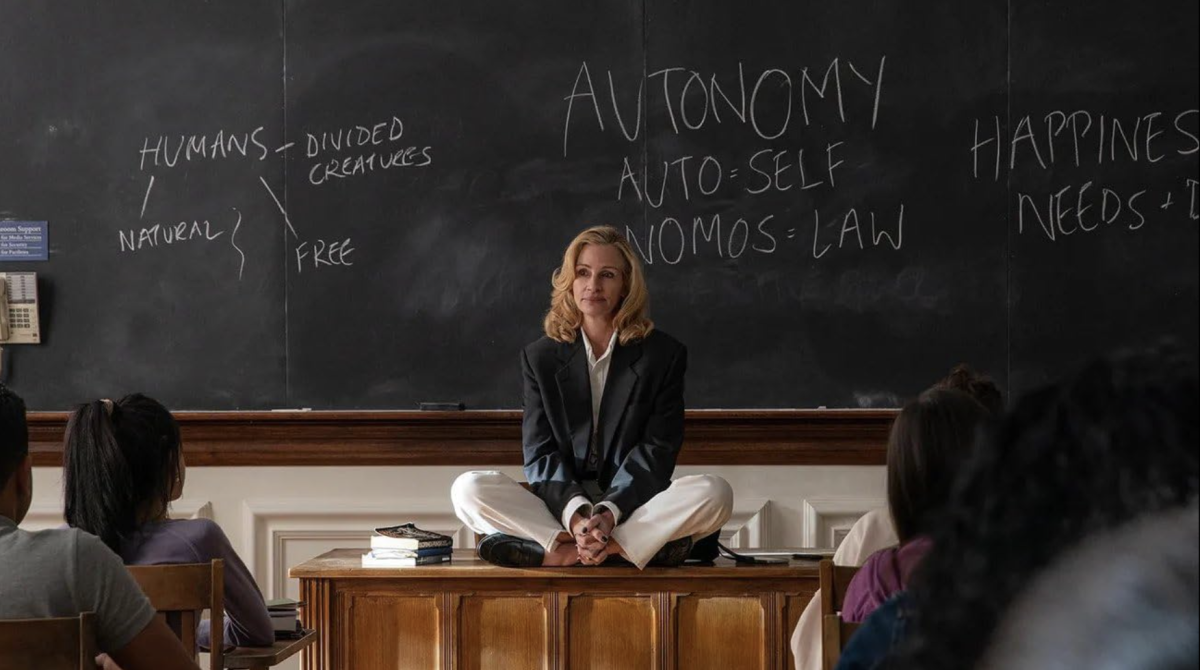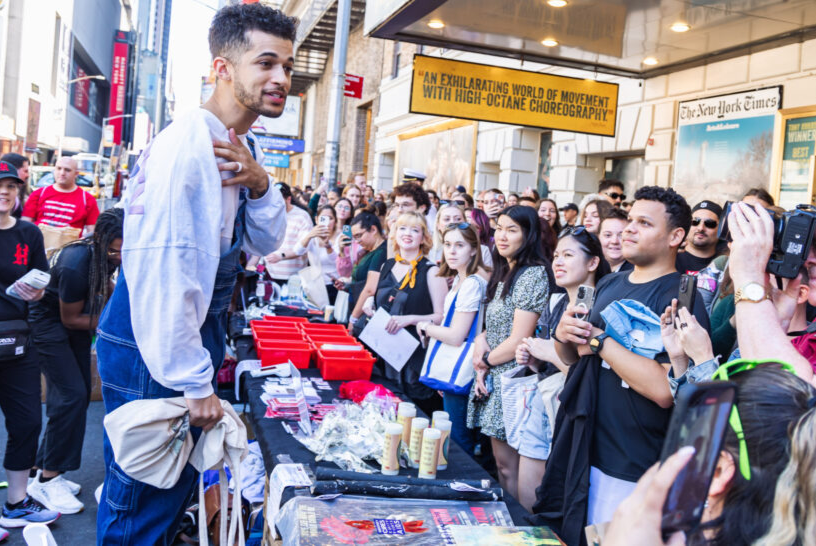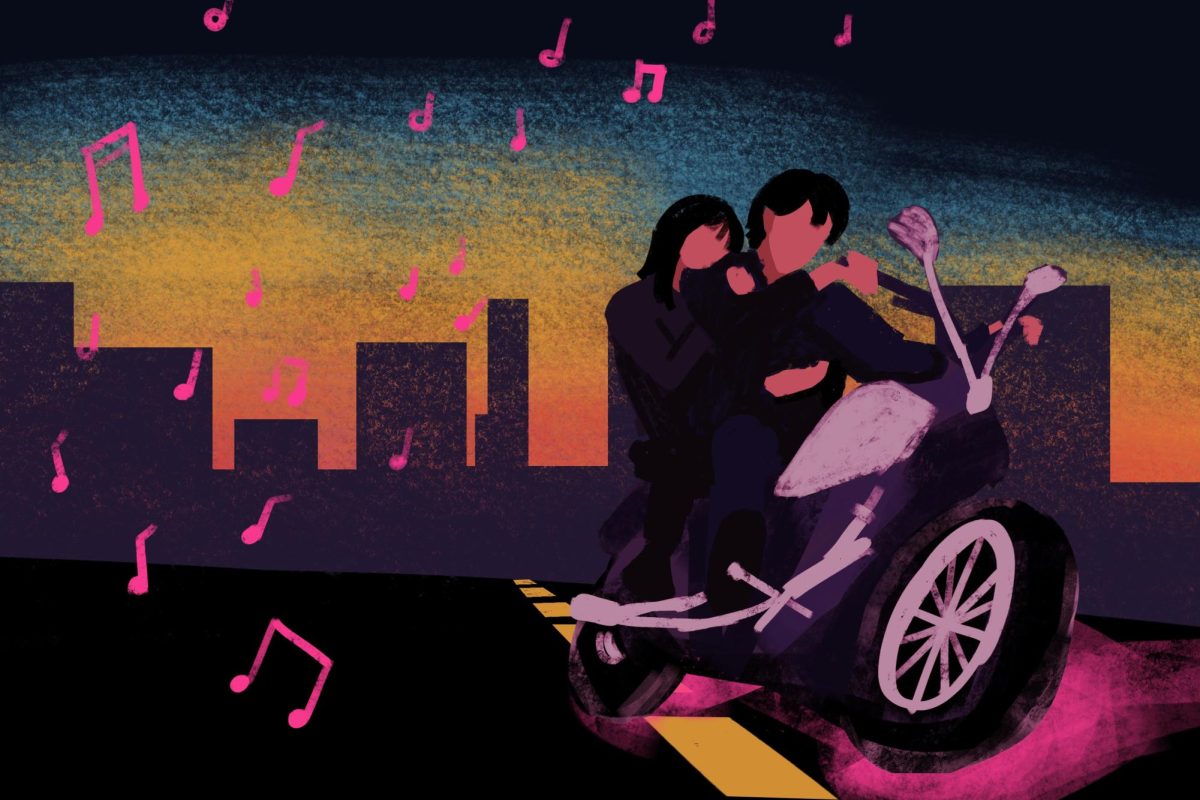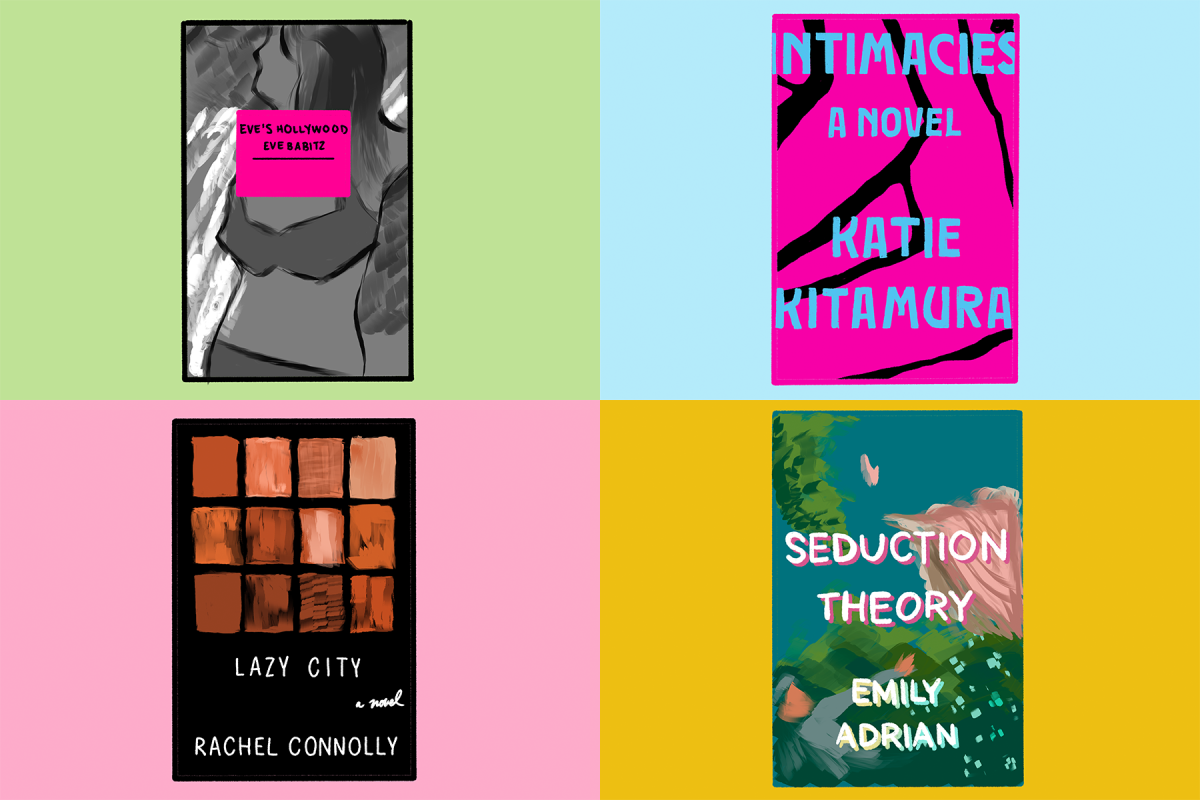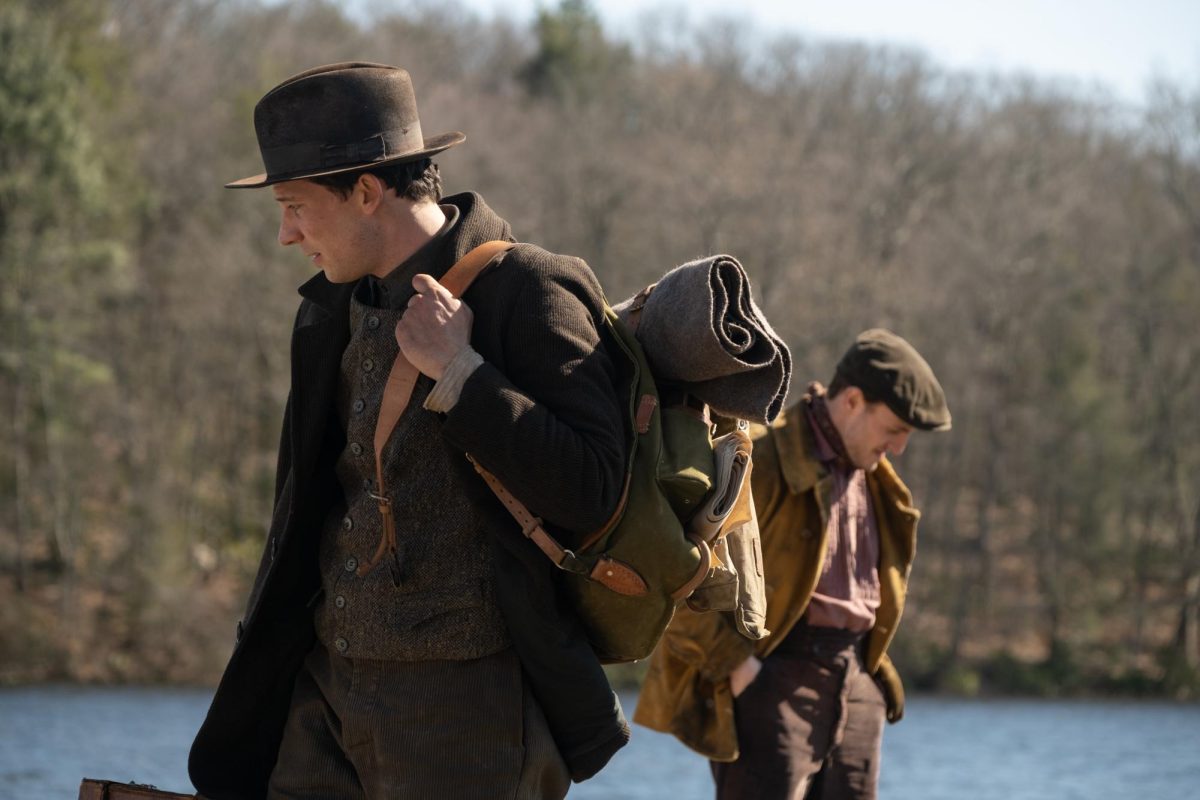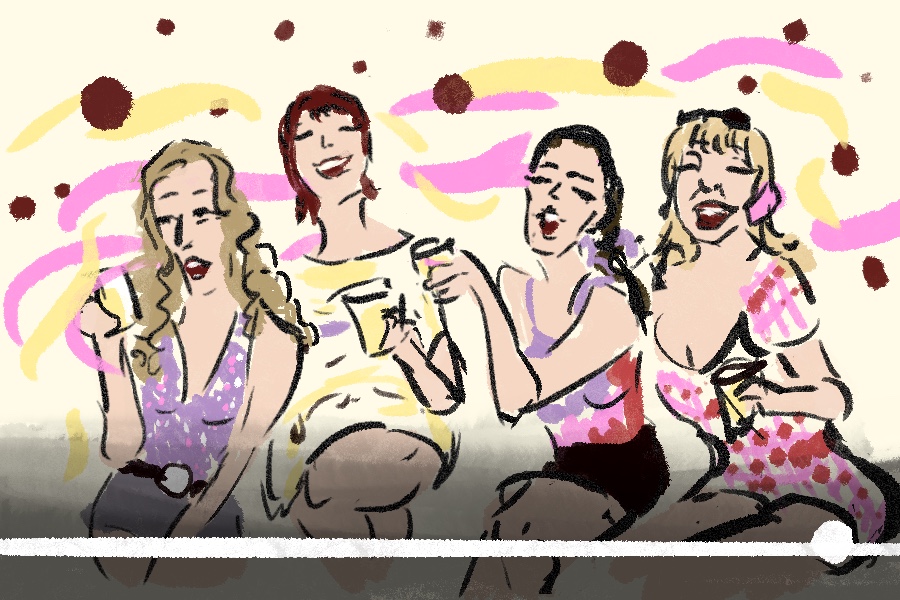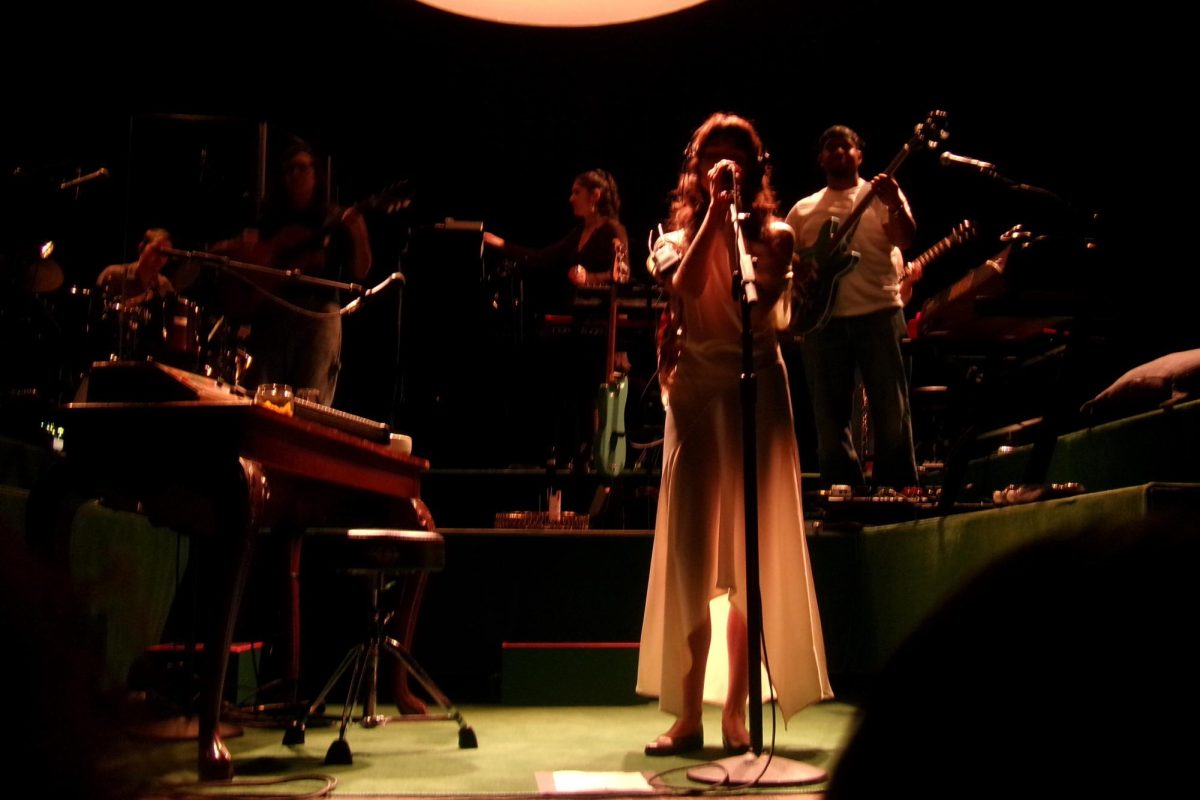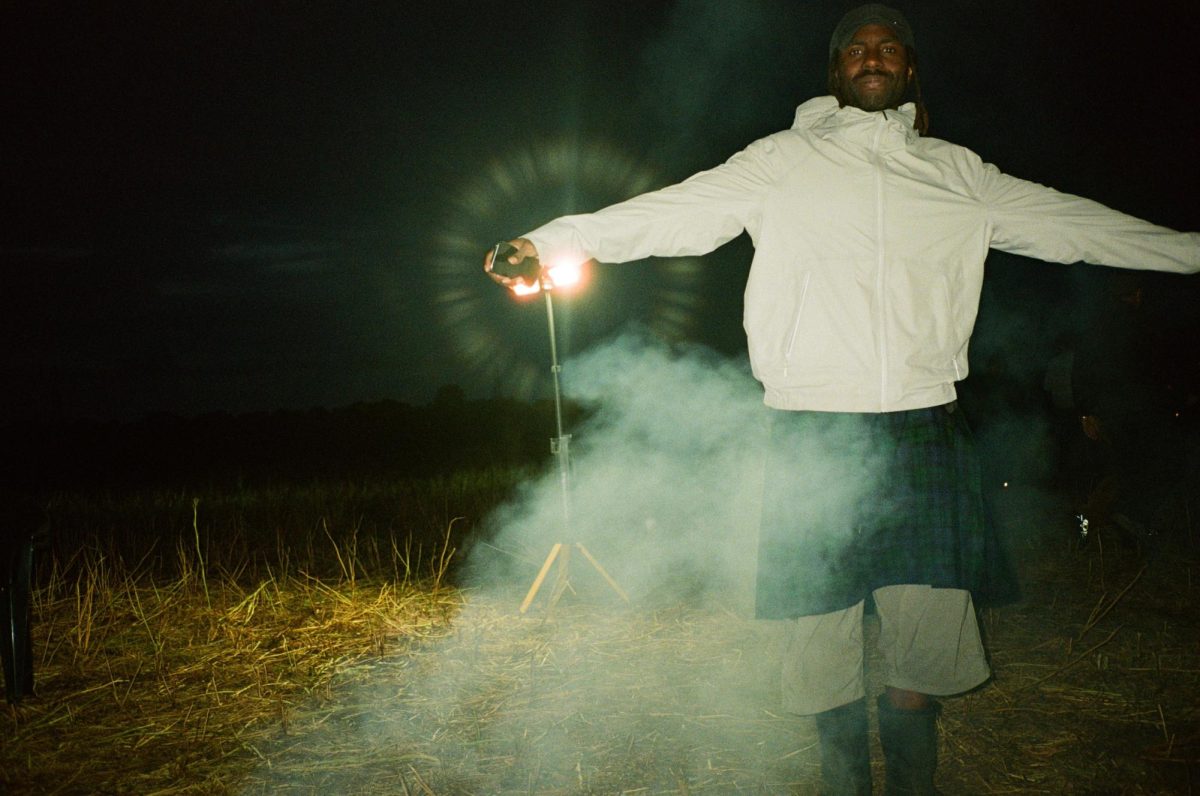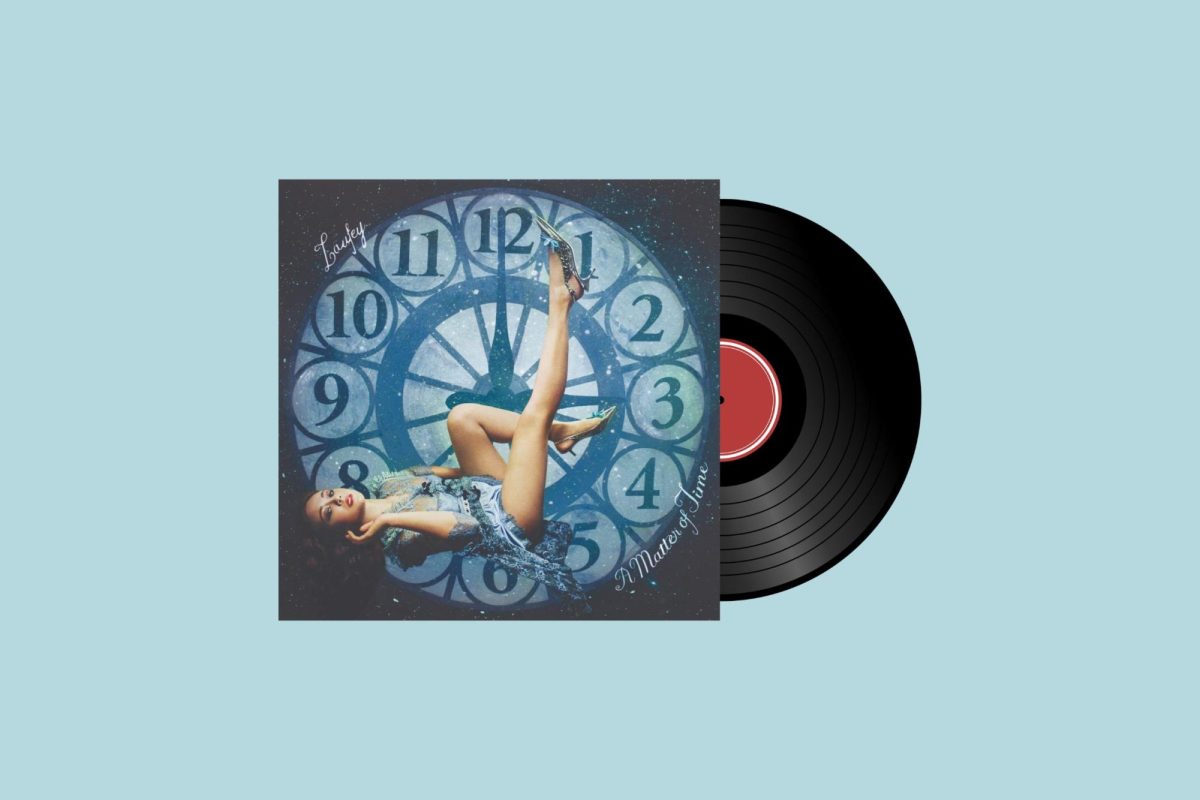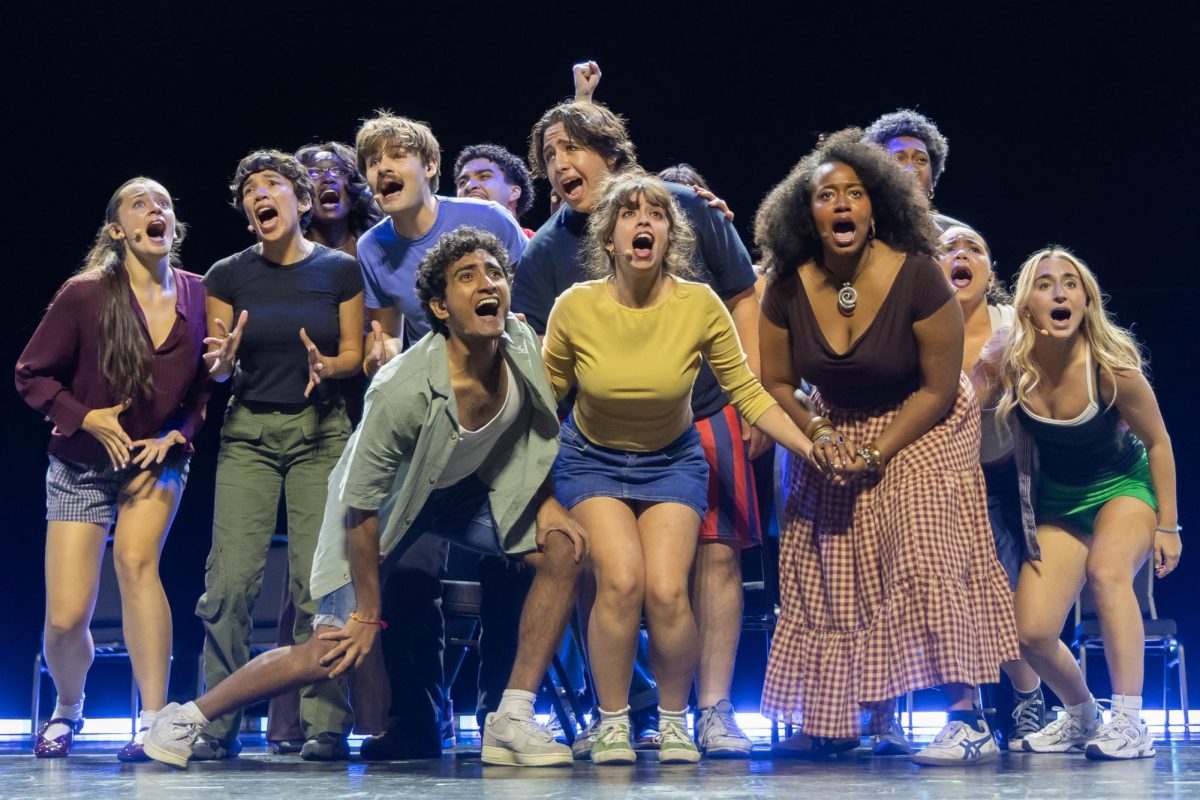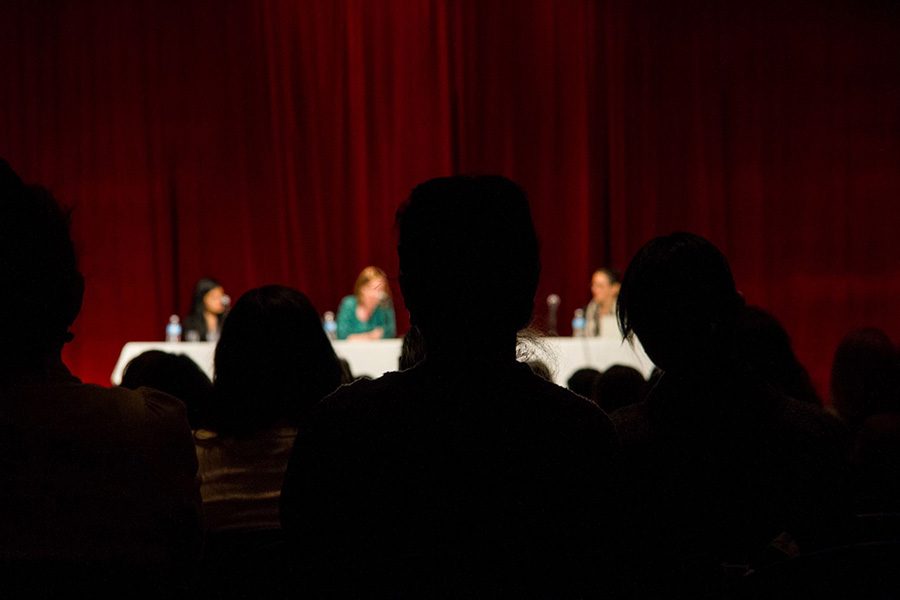Panel speaks on female education
September 22, 2014
Malala Yousafzi, the 17-year-old women’s rights activist, is nothing short of a celebrity. To discuss the Malala Phenomenon — referring to her rapid ascent in activist fame — and the tensions surrounding her role in global politics and education, the Steinhardt School of Culture, Education and Human Development hosted a panel discussion organized by doctoral students in the Eisner & Lubin Auditorium on Sept. 19. The event was attended by about 150 students and scholars from a variety of schools inside and outside NYU.
Yousafzi, a bright and outspoken student, was shot by the Taliban when she was only 14 years old, after she refused to comply with a ban on girls’ education. She has since been honored with two Nobel Peace Prize nominations. Despite this, her transformation into a global icon and symbol of women’s education has not been met with positive reception all over the world.
Moderated by assistant Steinhardt professor Dana Burde, the discussion explored Yousafzi’s media presence, persona and her more candid moments as an incredibly wise and prolific young individual. Burde’s current research focuses on areas of conflict, such as Afghanistan and Pakistan, and explores war and its impacts on youth, activism and education.
“We are … thrilled and fascinated by this emphasis on girls’ education,” Burde said. “In part, it’s been catalyzed by the attack on Malala and by her subsequent work promoting education, and we see this effort gathering steam.”
Burde continued to explain that areas where these initiatives intend to reach are often met with the strongest resistance, because in these areas the programs are seen as propagation of Western values.
After outlining those issues, Burde opened the discussion to the three panelists: Zama Coursen-Neff, the executive director of the Children’s Rights Division of Human Rights Watch; Jennie Matthew, the New York Correspondent for Agence France Presse; and Shahla Hussain, a visiting history professor from Wheaton College.
GSAS student Rushna Quddus said he was surprised by how the panelists discussed the attack.
“I’m actually Pakistani and I’ve followed up on Malala for some time now,” Quddus said. “[It was interesting that] people who are experts in their field were just as shocked by this [attack] as I was.”
A version of this article appeared in the Monday, Sept. 22, 2014 print edition. Email Deeksha Mehta at [email protected].




